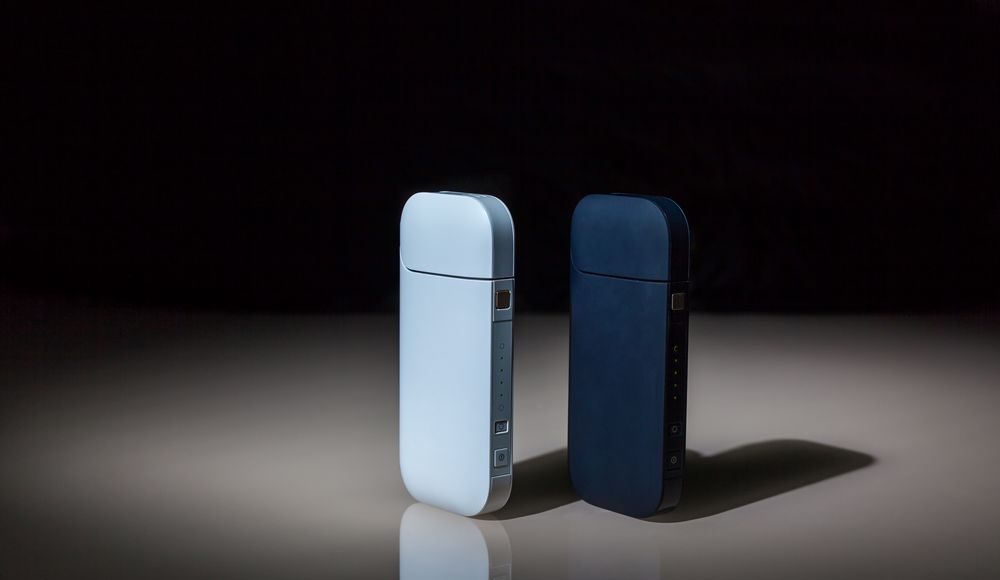The bulk of the company’s $10.7 billion investment in what the industry terms “reduced risk” products from 2008 to 2022, was dedicated to the development of IQOS. Earlier this month the tobacco company said it aims to generate more than two-thirds of its net revenue from “smoke-free” products by 2030.
The potential success of IQOS in the United States carries considerable significance due to the market’s sheer size, according to Sean King, a research analyst at Colombia Threadneedle Investments, which ranks among the top 20 PMI investors. He pointed out that the non-combustible industry in the United States constitutes slightly over half of the global market.
Of course the arrival of HTPs in the US also has the potential to significantly impact the tobacco industry, as the novel category is likely to disrupt the traditional cigarette market. However, this shift may present both opportunities and challenges. On one side, it offers a new revenue stream for major tobacco companies looking to diversify their product offerings, as it appeals to health-conscious consumers and smokers trying to quit. Moreover, as regulations on traditional cigarettes continue to tighten, tobacco companies may see HTPs as a way to adapt to changing consumer preferences and evolving regulations.
However, the adoption of HTPs could also erode traditional cigarette sales, impacting the revenues of companies heavily reliant on tobacco. This shift may prompt more players in the industry to invest in and promote HTPs, further driving the transition away from combustible cigarettes. This of course, is the outcome that tobacco harm reduction experts are hoping for.
Interestingly, state-level lobbying records indicate that in a minimum of three states – Georgia, Colorado, and Oregon, lobbying efforts have been explicitly centered on heated tobacco products.
A cheaper model launched in Korea
In other news, last February the Korean division of PM (PMK) had announced the release of Iqos Iluma One on the local market. “The newly released Iqos Iluma One, which is the latest addition to our flagship heat-not-burn electronic cigarette brand Iqos, is most characterized by its all-in-one design,” said PMK managing director Paik Young-jay during a press conference at the time.
Moreover, the revised design is not only approximately 50% cheaper than Iqos Iluma but also 30% more cost-effective than Iqos Iluma Prime. Similar to other Iqos models, the Iqos Iluma One is equipped with ‘Smartcore Induction Technology,’ which eliminates the necessity of inserting tobacco sticks into blades, consequently negating the need for user maintenance. While, just like the previous models, this new product is approximately 95% safer than combustible cigarettes.
Meanwhile, a 2021 market report of South Korea’s vape market has highlighted that the country’s smoking rates have been decreasing thanks to such products. Titled, “Market Report: South Korea – A Slight Rise for E-Cigs as Smoking Falls Further”, the report indicated a decrease in smoking rates in parallel to an increase in the use of safer smokeless tobacco alternatives.












